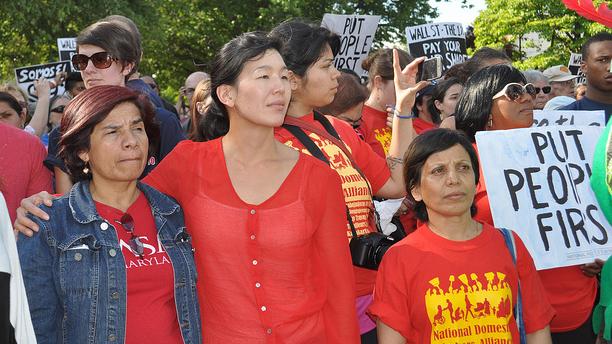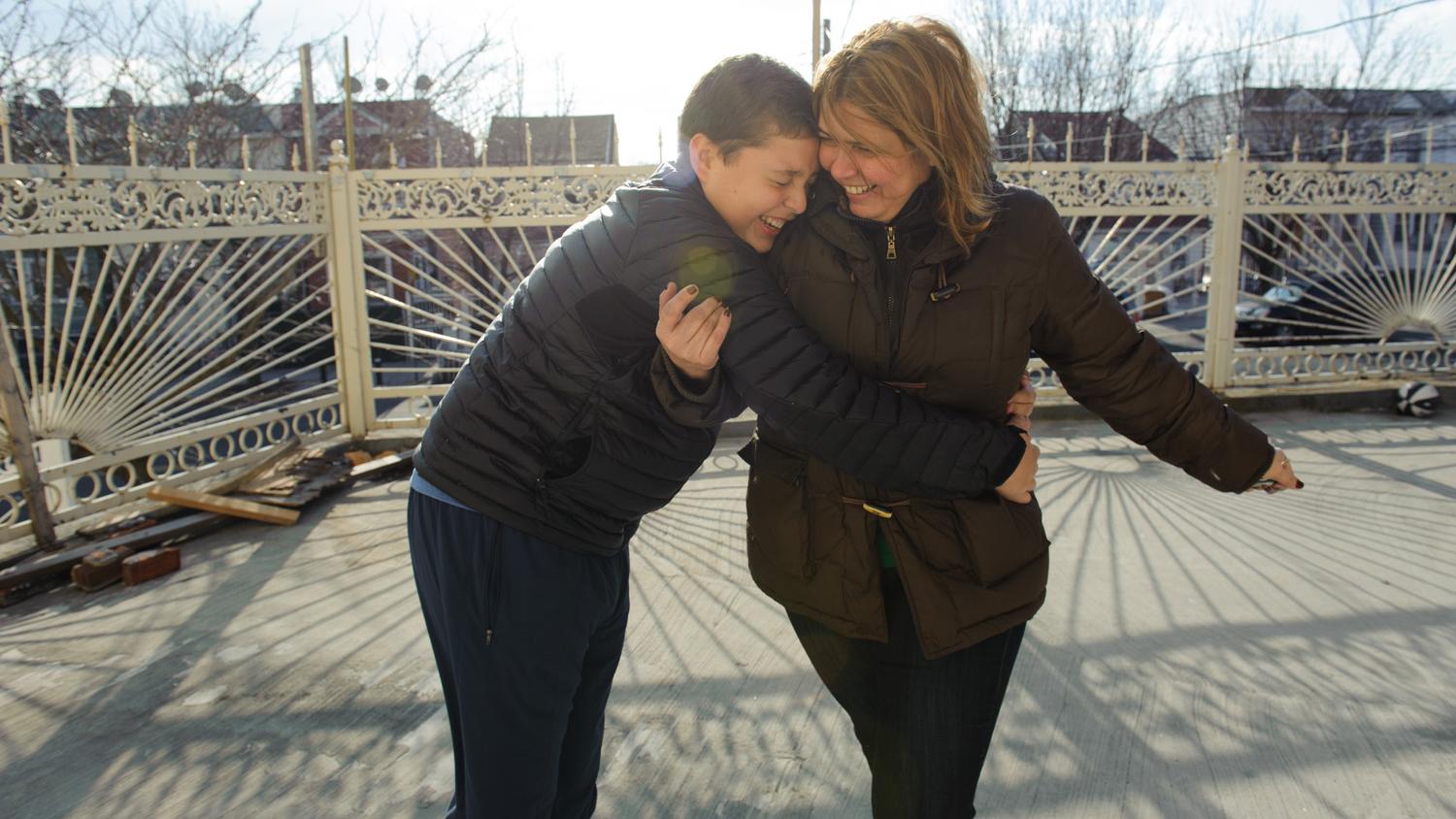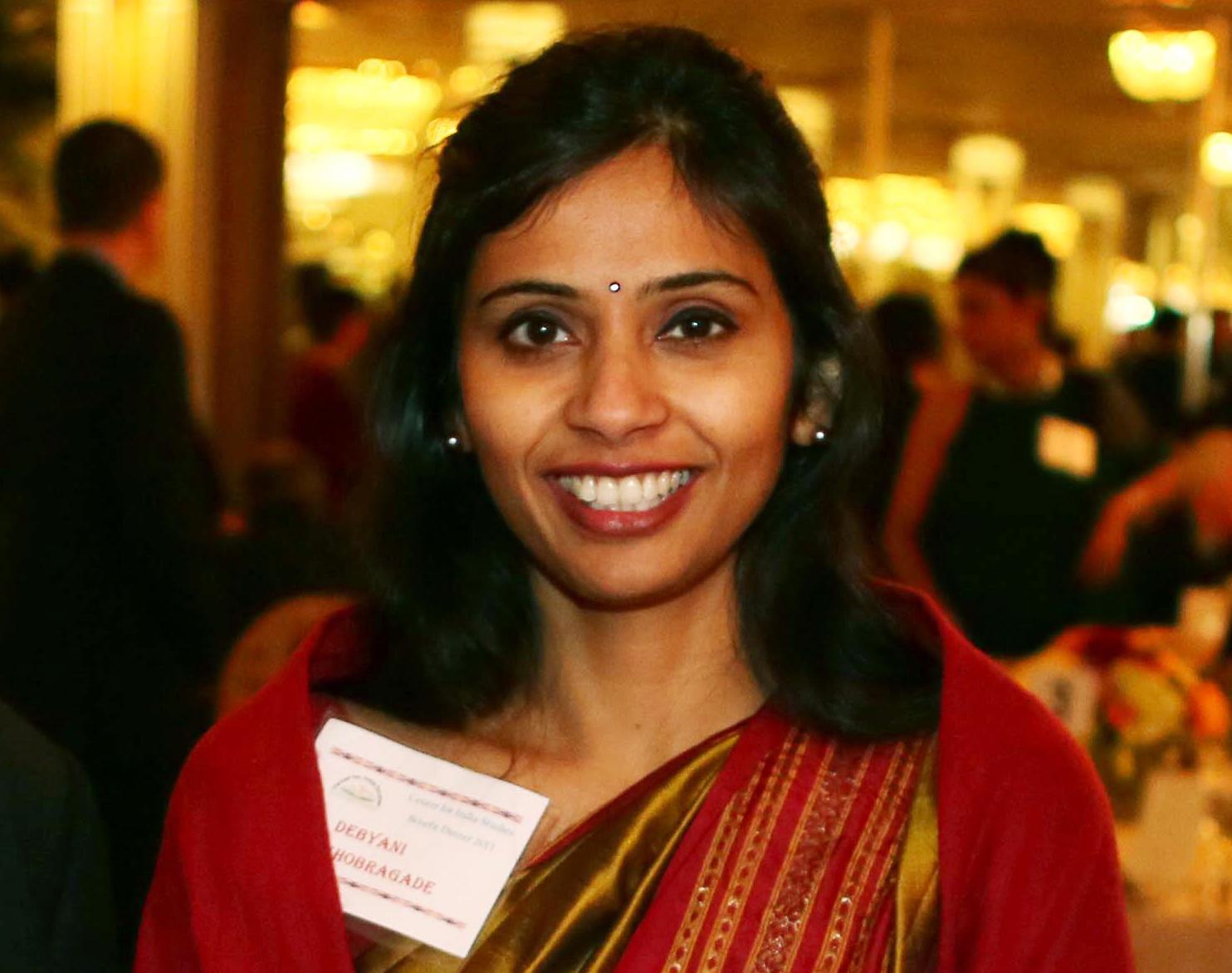Invisible Workforce
A series about America's nannies, housecleaners and caregivers and the people who hire them
She’s an organizer of America’s domestic workers — and, now, a certified ‘genius’
Ai-jen Poo, the director of National Domestic Workers Alliance, just won a MacArthur Fellowship, commonly known as the “genius grant.” She describes how it feels to win the prestigious award and how it might affect her work with America’s “visible invisible” domestic workers.
Immigrant Domestic Workers Face Tough Challenges in a Push for Better Conditions
Immigrant domestic workers, nannies, housecleaners, and caregivers, are sometimes called the world’s largest invisible workforce. Odette Yousef, of WBEZ in Chicago, reports on nationwide efforts to improve employment conditions.
An Undocumented Immigrant Caregiver Shares Her Story
Nannies, house cleaners, caregivers. In the US it’s estimated that more than 2 million people do this type of work. Most are women, many are immigrants. As part of our Global Nation coverage, Monica Campbell has our first piece about domestic workers.


